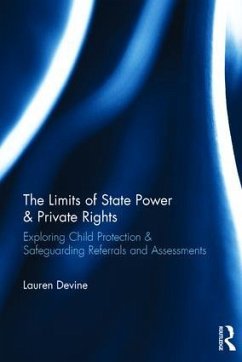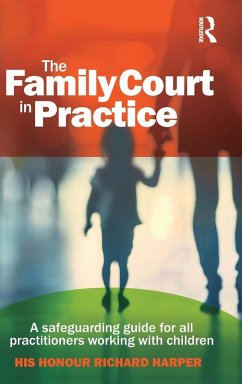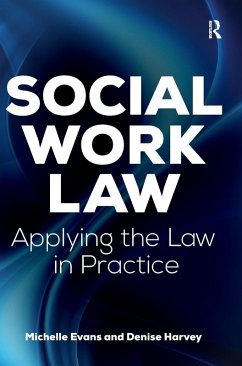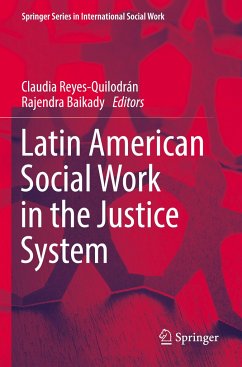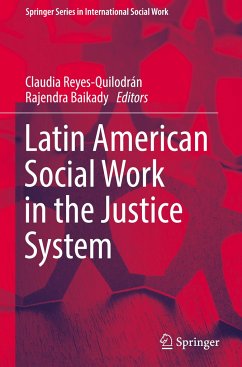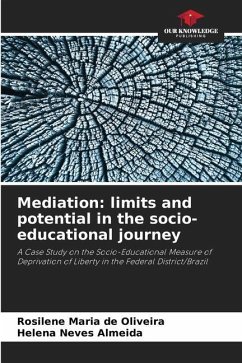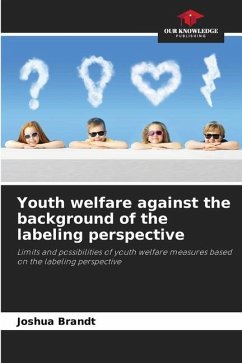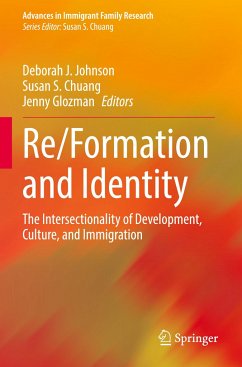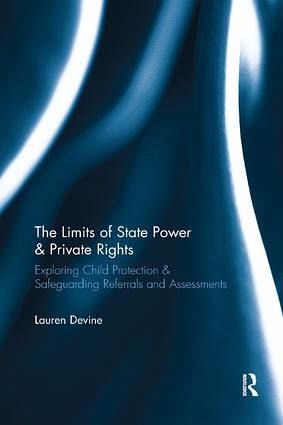
The Limits of State Power & Private Rights
Exploring Child Protection & Safeguarding Referrals and Assessments
Versandkostenfrei!
Versandfertig in 1-2 Wochen
58,99 €
inkl. MwSt.
Weitere Ausgaben:

PAYBACK Punkte
29 °P sammeln!
The Limits of State Power & Private Rights: Exploring Child Protection & Safeguarding Referrals and Assessments examines in detail the UK child protection and safeguarding system, exploring its theoretical and legal basis and implications in modern society.





